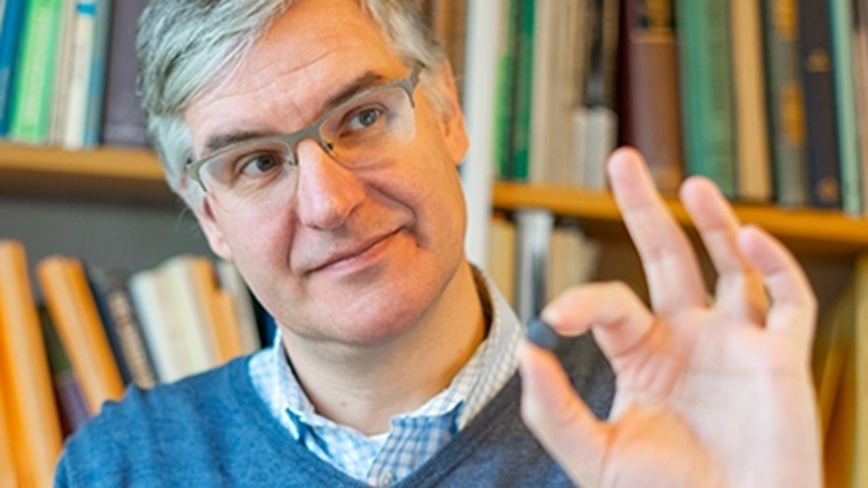Want to use heat in a smart way and phase out fossil fuels

Two thirds of the primary energy used today is wasted. Christophe Duwig, professor of process engineering at KTH Royal Institute of Technology, wants to find ways to use heat wisely in industry while replacing fossil fuels with fossil-free alternatives. The goal is to make industrial processes climate-neutral.
"The challenge is both important and difficult, and it requires pioneers who can work together to find the necessary solutions," he says.
Focusing on using heat wisely
Heat is the foundation of our modern society. We use heat every day in our homes and when we cook. Heat is also used in all the manufactured goods that exist in our society. Today, heat comes mainly from fossil fuels, and, at the same time, around two-thirds of the primary energy used is wasted. The challenge is clear: carbon dioxide emissions need to be reduced, fossil fuels need to be phased out, and waste heat needs to be used.
Christophe Duwig's research focuses on using heat wisely, avoiding wasting heat, and replacing fossil fuels with electricity, renewable heat, e-gas, biofuels, and nuclear heat. The aim is to make processes climate-neutral but also to enable negative emissions by capturing biogenic carbon dioxide from industrial processes.
In line with the Sustainable Development Goals and the Paris Agreement
Replacing fossil fuels in industry is necessary and in line with the Sustainable Development Goals and the Paris Agreement.
In his research, Christophe Duwig uses advanced numerical simulations to see the details of the different processes of generating, transporting, converting and utilising heat in processes while capturing biogenic carbon dioxide. With the help of a KTH supercomputer, the details and understanding can be accessed to create new technical solutions to ensure clean process heat.
"We need to completely rethink and equip engineers with new tools and knowledge so that processes use less energy to do more. It's a paradigm shift where the tools and knowledge are not yet in place, but we are working to get them,’" says Christophe Duwig.
